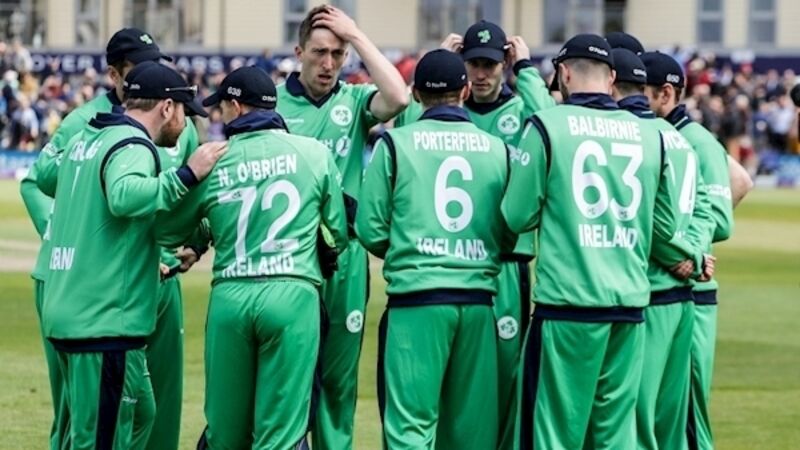Staying home the new going abroad for Ireland cricketers

Everything has changed and, for our cricketers, utterly.
Players with the elite nations are conditioned to spending up to four-fifths of their year living in hotels. Tours can stretch from weeks into months. Friends and family members can be relegated to mere avatars through intermittent contact on WhatsApp or Skype.











